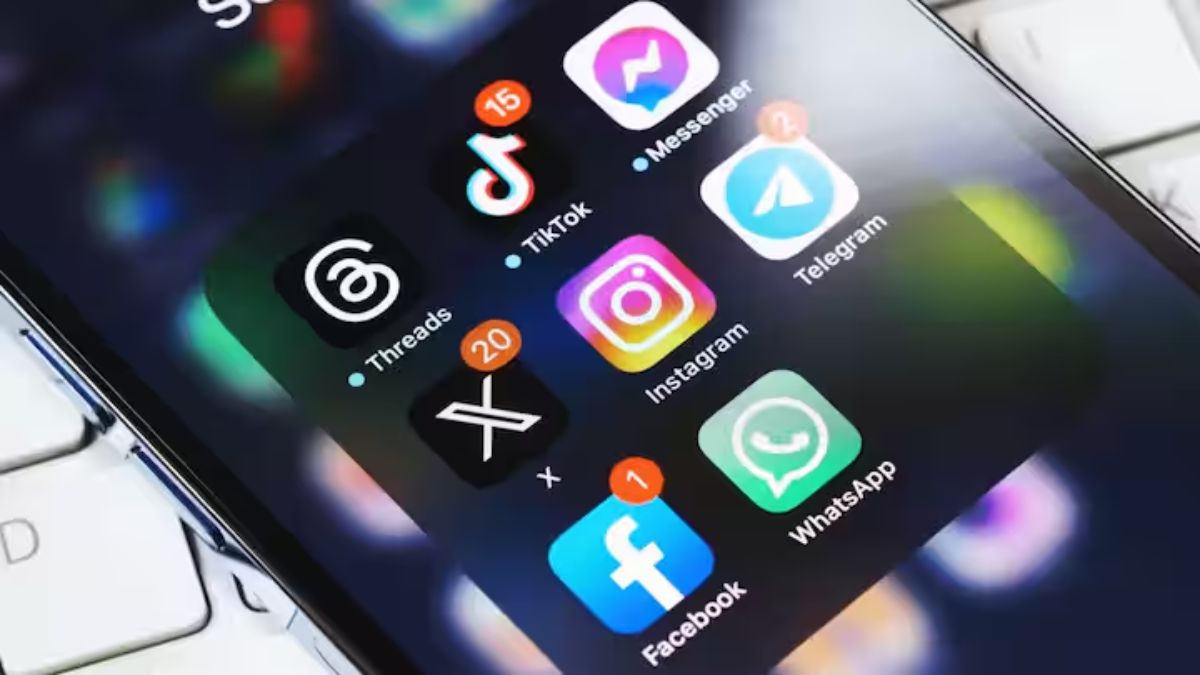What does it take to get a US student visa these days? Good grades? A top university? Maybe even a $100,000 (Rs 89 lakh) scholarship? Apparently, not even that is enough.
For 27-year-old Indian journalist Kaushik Raj, getting into Columbia University for a master’s in data journalism felt like a dream come true. But that dream ended abruptly when the US denied him a student visa, not for lack of merit or money, but, he believes, because of his social media presence.
In an interview with The Washington Post, Raj said his rejection letter from the US Consulate stated that he had failed to demonstrate “sufficient ties to India”. Yet, he insists he never had any intention of overstaying.
His experience isn’t an isolated one. In recent months, many Indian students have reported similar visa denials.
So, what exactly happened, and why are students like Raj being denied their American dream? Here’s a closer look.
What did Kaushik Raj’s rejection letter say?
When Raj collected his passport, he found a rejection letter from the US Consulate. It stated, “You were not able to demonstrate that your intended activities in the United States would be consistent with the classification of the nonimmigrant visa for which you applied.”
The letter further added: “You have not demonstrated that you have the ties that will compel you to return to your home country after your travel to the United States.”
Raj, however, dismissed this as a mere “excuse.” He believes the real reason behind the denial was linked to social media vetting , a requirement introduced during the Trump administration aimed at tighter scrutiny.
“I wasn’t very active online,” he told The Washington Post. “I never posted personal opinions on global issues like Gaza. But I did share my reporting — stories on hate crimes and India’s treatment of Muslims.”
“The (visa) interview took place on July 29 and they handed me a slip to make my social media public. On August 4, the application status showed that my application was refused. But on August 11, it changed to administrative processing and then back to ‘refused’ on August 14,” Raj explained t_o Hindustan Times._
The letter noted that the decision could not be appealed. Raj was told he could only reapply by submitting a fresh application, appearing for another interview, and demonstrating a change in circumstances.
But for now, he has shifted his focus elsewhere. “I will apply to the UK now. I still want to study journalism,” he said. “Just not in a country that punishes you for doing it.”
Also read: A new US bill to replace H-1B lottery system? What it means for Indian workers and Big Tech
Rising fear among students over visa rejections
Kaushik Raj is far from the only Indian student facing unexpected visa denials. Several others, despite strong academic records and scholarships, say they’ve been rejected after passing all prior steps.
Darsh Vatsa, 18, had secured a scholarship covering nearly all his expenses to study liberal arts at Trinity College, Connecticut. His embassy interview was scheduled for July 10, but on August 19, the day he planned to fly, he received a rejection letter citing a failure to demonstrate ties to India.
Vatsa, who had been outspoken on X and Instagram, was critical of the Indian government and Israel’s actions in Gaza. He tried self-censoring to safeguard his chances and spent days “mass-unliking” posts he feared might hurt his application. However, the worst did happen.
Also read: Want to study in the US? Here’s how Trump-proof your social media
But now, he has shifted focus to universities in the UK, Canada, and Australia, and has returned to posting freely online: “They will find out what you think regardless,” he said.
A 26-year-old PhD student at Louisiana State University, speaking anonymously for fear of repercussions, shared a similar experience.
She used to freely criticise both the Indian and American governments on social media but has largely stopped posting online: “Anything can be considered grounds for getting deported or your visa getting cancelled,” she said.
These cases spotlight a growing trend of rejections linked less to merit or finances and more to perceived intentions or online activity, leaving many students scrambling for alternatives.
Indian student arrivals take a sharp hit
The number of Indian students arriving in the US has taken a dramatic hit.
According to new data from the International Trade Administration, arrivals from India fell by 50 per cent in August 2025, driving an overall 19 per cent year-on-year decline, the fifth month in a row of decreasing numbers.
The drop comes amid stricter US immigration rules and growing political pressure on universities. Thousands of student visas have reportedly been revoked by Secretary of State Marco Rubio, citing reasons such as legal violations, participation in protests, or even criticism of Israel.
In June, the US temporarily paused all student visa processing to tighten oversight of applicants’ social media profiles. Officers vetting applications were instructed to flag “any indications of hostility toward the citizens, culture, government, institutions, or founding principles of the United States.”
White House deputy press secretary Anna Kelly defended the policy, saying it’s meant to make sure that “guests” do not pose national security risks or try to undermine US foreign policy.
For Indian students, these changes have created a climate of uncertainty and fear. Many are now reconsidering the US as a study destination, worried that even their social media activity could jeopardise their dreams of studying abroad.
With input from agencies
)